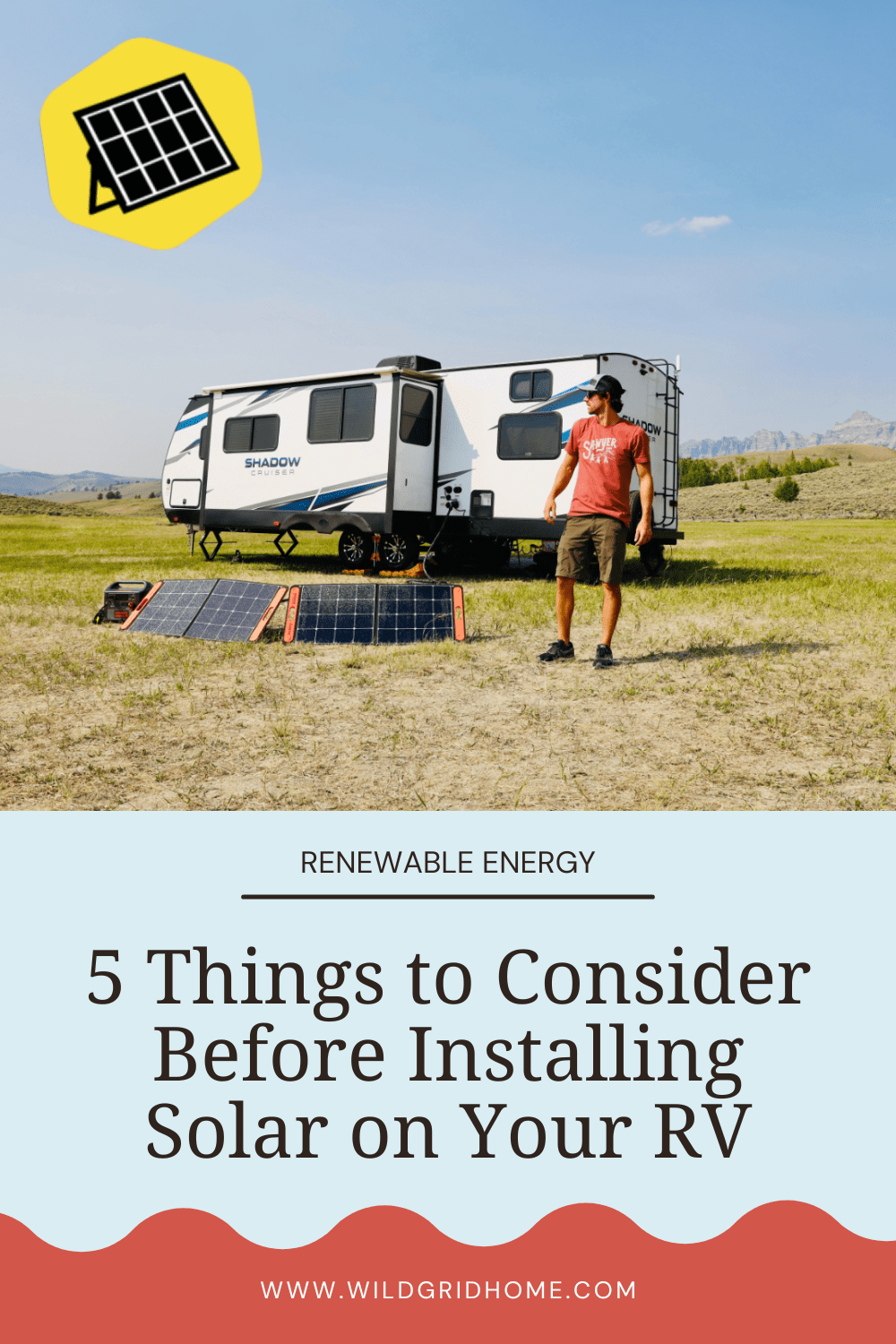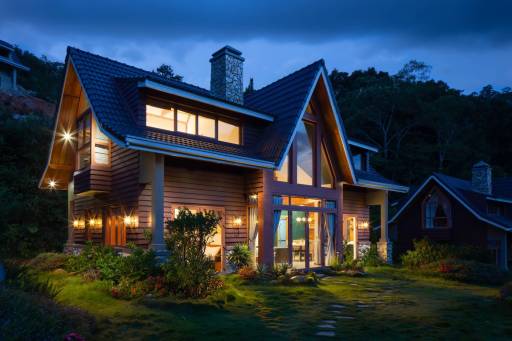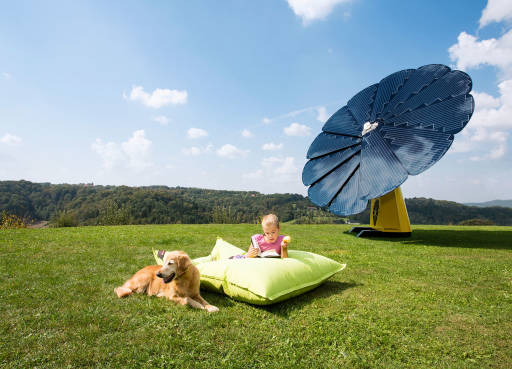5 Things to Consider Before Installing Solar on Your RV
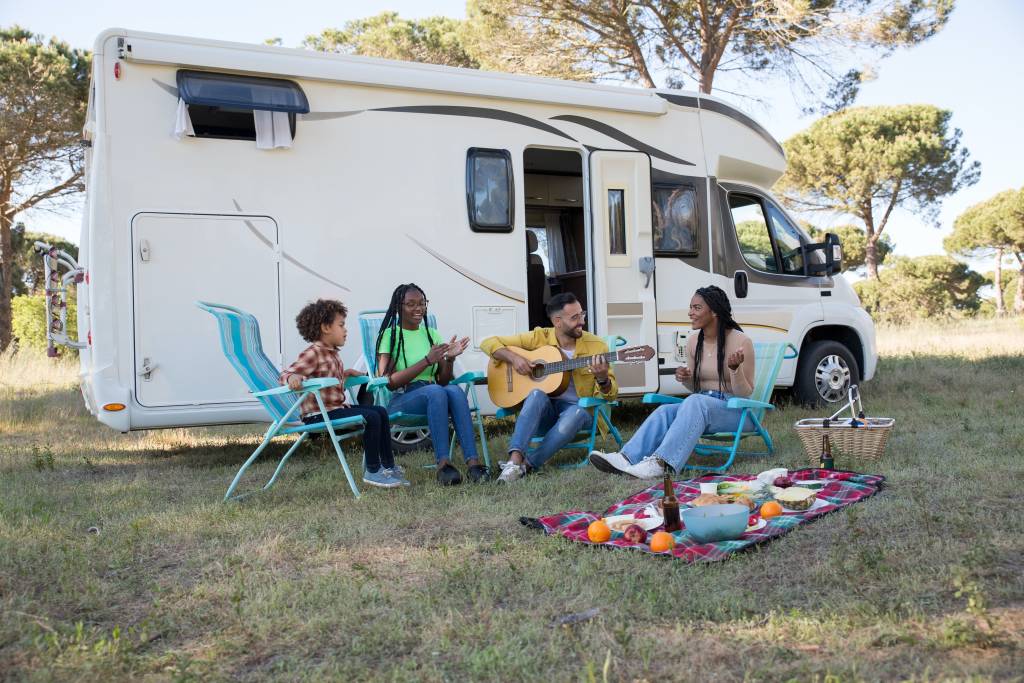
An RV adventure sounds great... until you realize just how expensive getting an electric hookup every night can be! Instead of handing your hard-earned cash over for expensive lots, why not join the sustainable trend of installing solar on your RV?
Installing solar on your RV can seen intimidating, but it's pretty straightforward. So many folks have already done it there are tons of guides that show you exactly how to hook up your system.
But before you jump immediately into online shopping for RV solar, there are a few important factors to consider to ensure you get the right setup for your needs!
And be sure: needs and prices vary depending on how you'll use your RV solar. A weekend warrior that's just worried about keeping their electric kettle on and phone charged will have a wildly different setup than a full-time RV-er who's keen on an A/C system.
Don't worry: our guide will help you start considering exactly what you'll need to get a great solar RV setup, on budget.
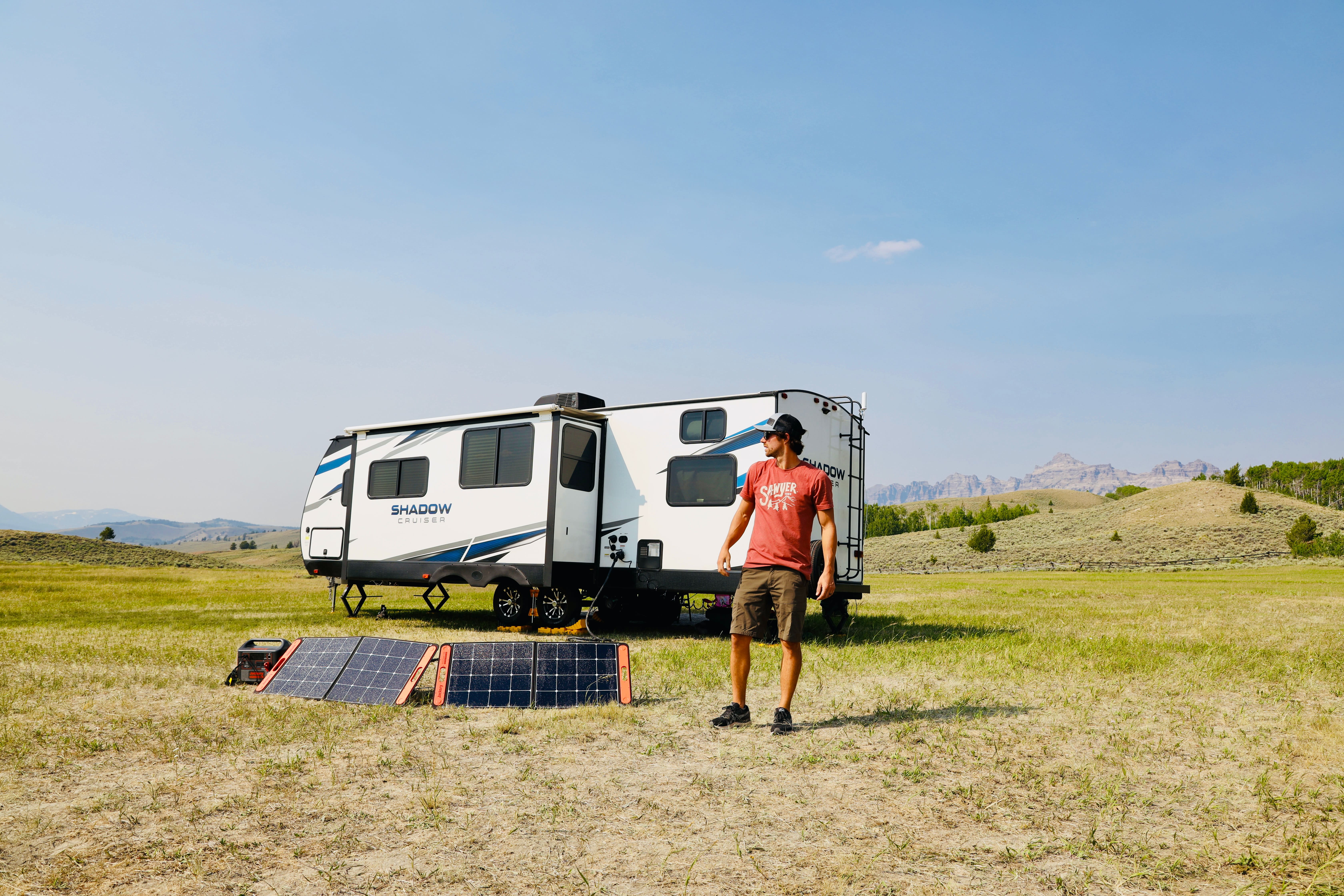
1. Determine your energy needs
Before installing any solar on your RV, you must determine your energy needs. There's no sense in buying solar panels without knowing the kind of power you'll want.
Here's how to figure out how many watts of solar you need:
- Make a list of all the electrity-using items you'll have in your fan.
- Figure out how many amps they'll use in total and about how many hours you'll use them.
- Multiply the current by the daily hours to get your amp hours.
If you really want to dig into this, Vanlife Customs has a great, in-depth example of how this all works.
The general recommendation is 200 watts of solar panels per 100 useable amp hours of batteries.
Keep in mind: the larger the system, the more space and upfront budget you'll need.
How many solar panels do I need to run an RV?
Like any good answer on solar panels: it depends!
🔋🔋 Next, you could consider an 800 watt system. That'll run several small appliances, but no A/C or fridge!
🔋🔋🔋 To run everything - including that precious, energy-hungry A/C - will require an array with around 20,000 watts per day. It's unlikely your roof is big enough to support such a system. That's why there's few long-term RV-ers in Florida in August. Just sayin'.
2. Assess your RV's roof space
A cute, compact RV setup is adorable but obvious has less space for rooftop solar than a larger, more traditional RV. You'll need to know exactly how much space you have to place solar panels.
Measure the available roof space and consider obstructions like vents or air conditioning units. This will give you a sense of what you can reasonably fit for your solar RV setup before you start shopping.
FYI: the curved rooftop of some RVs will greatly affect the number of solar panels you can use or will require you to buy more flexible (and more expensive!) RV solar panels.
Do you need to use RV-specific panels?
Not at all! Any solar panel that's meant to exist outside and can be fixed to a vehicle's surface will work just fine. No need to spend extra on solar panels specifically marketed to RVs unless they fit your setup better!
That said, there are companies that can help you with solar for RV installation if you're not up to the task of figuring this all out yourself.
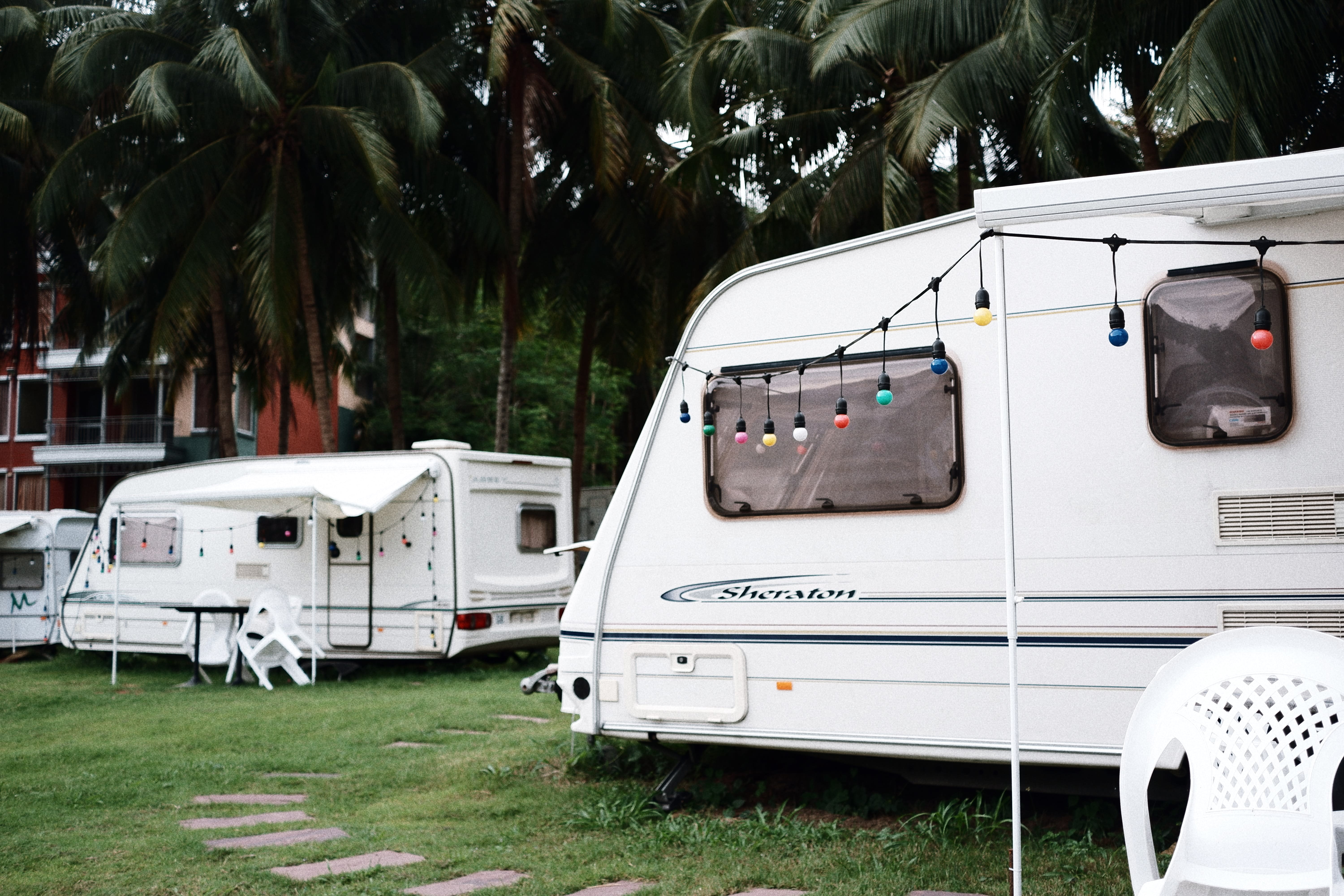
3. What's your budget for RV solar?
Installing solar on your RV can be a significant investment, so it's important to consider your budget before making any decisions.
The cost of the solar system for you RV will depend on various factors, like:
- The size of your RV
- The amount of power you need
- The quality of the components you choose
- Whether you DIY or not
And while solar can be expensive at the start, it can save you money in the long run by reducing your reliance on expensive campground hookups and generator fuel!
But really… how expensive is it to add solar to an RV?
Will you be mad if we again say: it depends. 🫣
It depends on what you figured out in the first step re: your energy needs. Obviously an RV that only runs a small fridge and a few lights will be way less expensive than one that runs multiple appliances, air conditioning, etc. It'll also be more expensive to get an expert to do it than if you decide to go the DIY route.
Here are a few examples of cost. This includes a solar battery, inverter, solar panels, and all the other fiddly bits you'll need to get your system set up:
🔋 On the conservative end, you can expect to spend around $4,000 for a 400 watt system. That'll run multiple small electronics like chargers and lamps.
🔋🔋 You could build an 800 watt system for $4,500-5,500. That'll run small appliances, but no A/C or fridge!
🔋🔋🔋 To run everything - including that precious, energy-hungry A/C - will require an array with around 20,000 watts per day. (Spoiler alert: your roof probably isn't big enough for it.) That could be in excess of $10,000 if it were even possible!
OK but…
Are solar panels on RV worth it?
Star your search on Amazon, which has hundreds of results for solar for RV installation. Even if we don't love Amazon, it gives you a solid jumping-off point for understanding what you'll need.
Solar panels for RVs unlock the possibility of off-grid experiences for RVs that ultimately save money. Embrace solar, reduce your carbon footprint, and take an unforgettable journey with the help of sunny weather!
Want some help in better understanding how to make your home — RV or otherwise — more eco-friendly? Sign up and start learning about electrification and all the cool rebates you might be eligible for!
